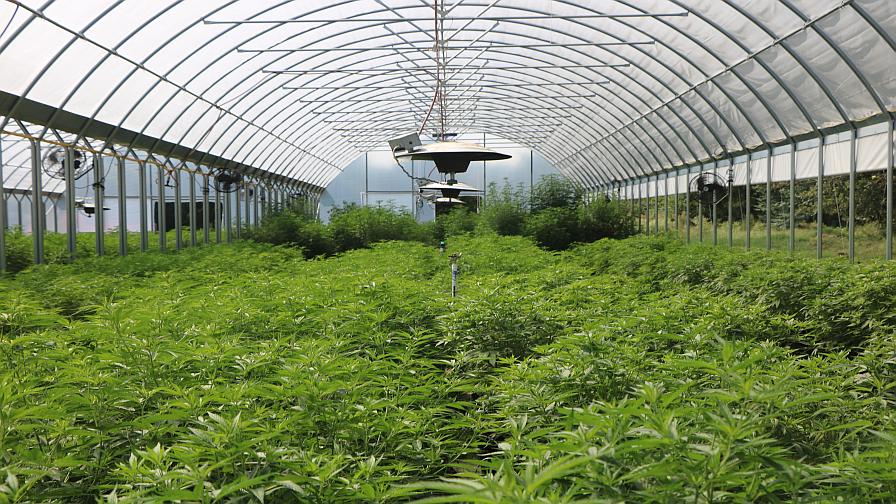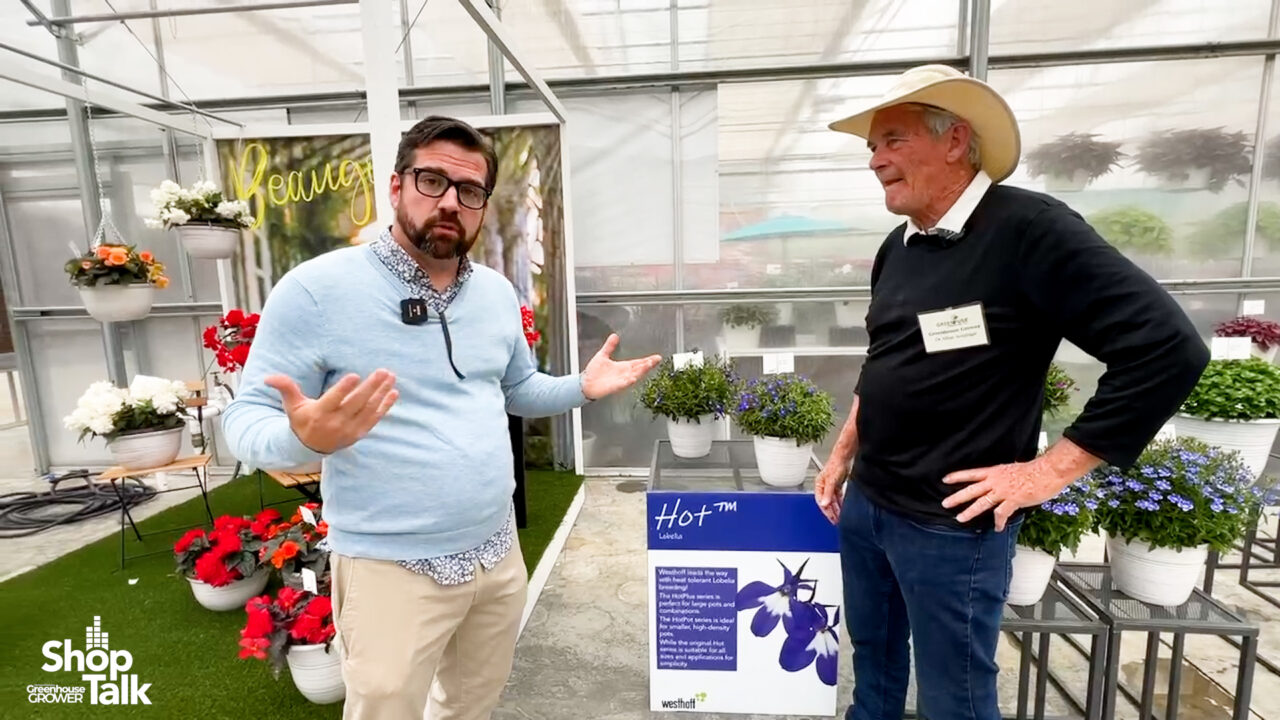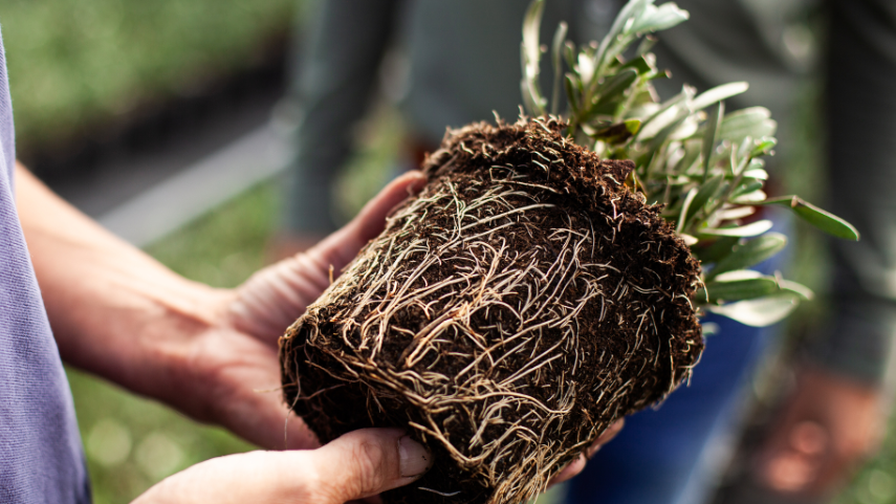Plants Are Our Friends — With Benefits
 Grower Homework: If you’re not already promoting the health benefits of plants, it’s time to start. Visit bit.ly/1i50AXW to read the research. Then, think of one way you can apply it to marketing your products. Please let me know what you come up with at [email protected] or tweet @Laura_GG_TGC
Grower Homework: If you’re not already promoting the health benefits of plants, it’s time to start. Visit bit.ly/1i50AXW to read the research. Then, think of one way you can apply it to marketing your products. Please let me know what you come up with at [email protected] or tweet @Laura_GG_TGC
Humans inherently know that plants are good. The average person has experienced stress relief and a feeling of refreshment after spending time outside, among plants. Working, exercising, playing or just sitting outside gives most people feelings of both vitality and peace.
In elementary school, we were taught that plants consume carbon dioxide and produce oxygen. We learned that flowers produce pollen, which feeds the bees, which in turn pollinate other plants, providing food for people and animals. That underlying intuition we’re born with that tunes us in with nature was backed up with information that if we didn’t have plants, we would all be in big trouble and could eventually cease to exist.
This is basic knowledge, but it’s not enough for an industry built on growing and selling plants to rely on consumers to remember.
It’s kind of like smoking (bear with me for a moment, please). If you really think about it, the idea of smoking — inhaling black smoke, full of tar and chemicals, into your body — rails against good, old-fashioned, common sense. What good could possibly come from sucking smoke into your lungs? Nevermind all of the knowledge we have today about the side effects of smoking — the emphysema, the lung cancer, the heart disease and stroke. Just the simple act of smoking, of breathing in polluted air, should be counterintuitive to any living thing.
But what if the health community hadn’t communicated its findings about the effects of smoking on human health? What if all of the research that links tobacco use to the vast number of health maladies it causes, hadn’t been released and promoted? Would smoking still be as taboo as it is today?
Plants offer a huge range of benefits that most people don’t realize. So it’s up to us to make sure they do. But unlike the aggressive anti-smoking campaigns that push out information about the hazards of smoking daily, with millions of impressions, we aren’t pushing our message that plants are essential for improved human and environmental health.
And here’s the thing — the research supporting this message is available. Dozens of studies about the impact of plants on physical health, mental health, crime prevention, stress relief, cleaner air and productivity is available to us right here: The Ellison Chair in International Floriculture blog has a compiled list of research on the health and well being benefits of plants.
We have all of this amazing information already at our fingertips but we’re not using it to promote the benefits of plants — not enough, anyway. There are campaigns in progress, but we need everyone in the industry to commit to putting this information out there, in our marketing messages, in signage, in articles and in social media.
Our industry continues to go round and round about how we can effectively market plants to younger generations. This is it. Gen Y is very concerned about their own health and the environment. And they’re already showing us that they are ready to receive this message, with their interest in growing their own food and participating in urban gardening and greening initiatives.
Let’s reinforce that enthusiasm with a collective message about the health benefits of plants. We could even use the title of this column. It’s a little different meaning but it will make them laugh — and learn something in the process.










